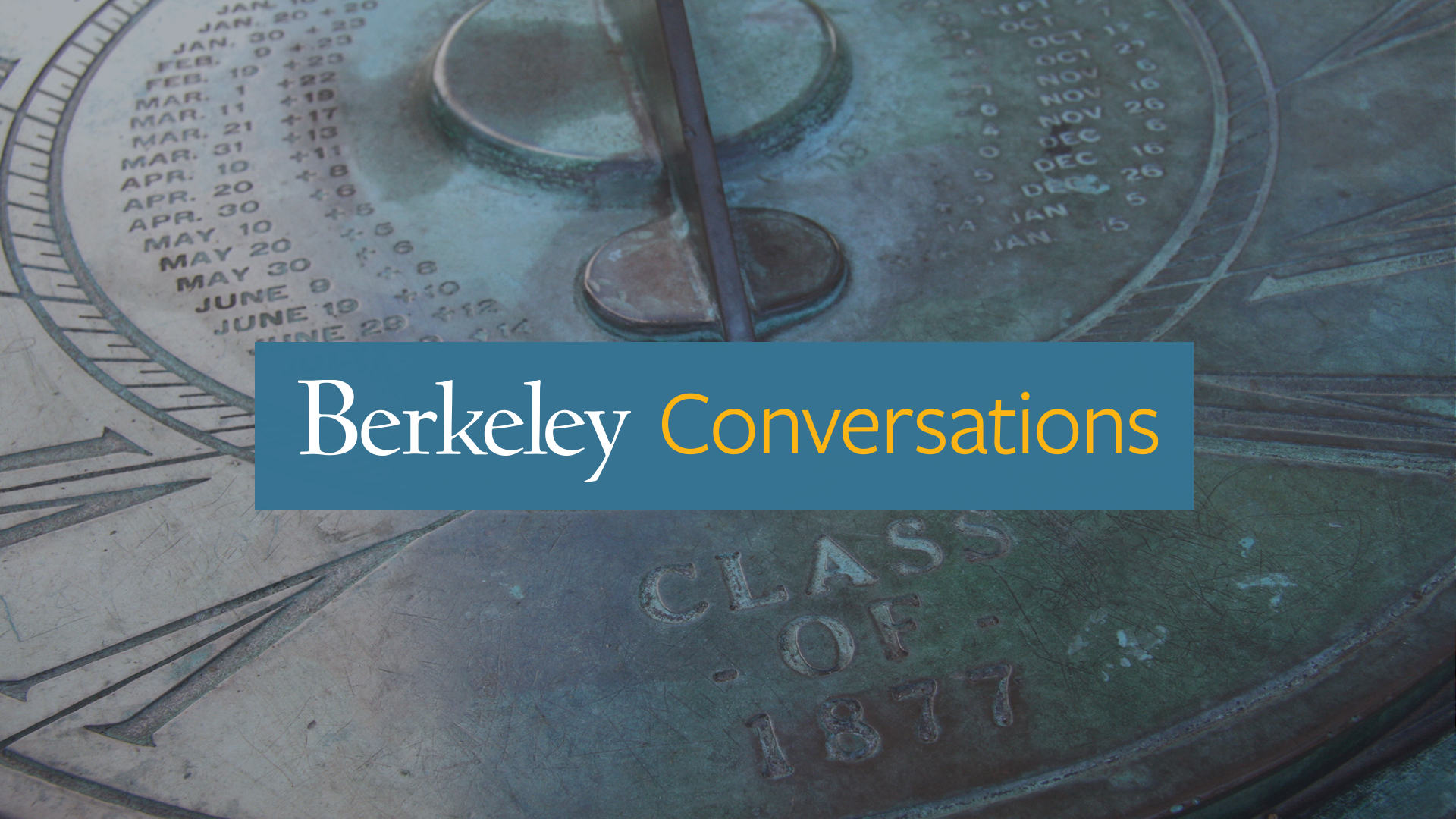Berkeley Conversations: COVID-19 data science, economic impacts

April 6, 2020
Associate Vice Chancellor for Communications and Public Affairs Diana Harvey sent the following message to the campus community Monday:
Last Friday UC Berkeley launched “Berkeley Conversations: COVID-19,” a series of live, online events featuring faculty experts from across the campus who are sharing what they know, and what they are learning about the pandemic. We look forward to bringing you a steady stream of engaging talks to help make sense of the crisis and global efforts to combat it. Don’t worry if you miss the live presentations; everything will be recorded and made available for viewing at any time on the Berkeley Conversations website.
Every Monday, we will provide information about events scheduled for the week ahead and beyond. Here is a listing of what’s coming up:
Tuesday, April 7, 10–11:30am (Pacific)
Creating Informed Responses: Berkeley’s Computing and Data Science In Action (live webcast)
Nobel Laureate Saul Perlmutter, Director of the Berkeley Institute for Data Science, and Michael Lu, Dean of the Berkeley School of Public Health, will host and moderate a roundtable discussion with Berkeley researchers who are mobilizing computing and data science for COVID-19 response and recovery, from helping local public health officials track the pandemic, to predicting and addressing its impacts on employment and elections.
Friday, April 10, Noon-1:00pm (Pacific)
COVID-19: Economic Impact, Human Solutions
The COVID-19 pandemic is a public health crisis threatening to become an economic catastrophe that affects tens of millions of Americans. Is the $2 trillion aid package recently passed by Congress and signed by the president enough to keep the economy from freefall? What more is needed?
A panel of UC Berkeley’s leading economists and public policy experts will discuss the economic consequences of sheltering in place, evaluate the Congressional response and discuss strategies that could help to stabilize the economy, safeguard jobs and protect society’s most vulnerable people.
Monday, April 13 4:30–6pm (Pacific)
Coronavirus: Science and Solutions
Berkeley’s School of Public Health will host a follow-up to its initial town hall, Coronavirus: Facts & Fears, which focused on illuminating the facts and dispelling fears around this public health crisis. Part two of this series, Coronavirus: Science and Solutions, will focus on addressing unanswered questions from the last town hall, and highlighting emerging science that will drive solutions to this and future pandemics.